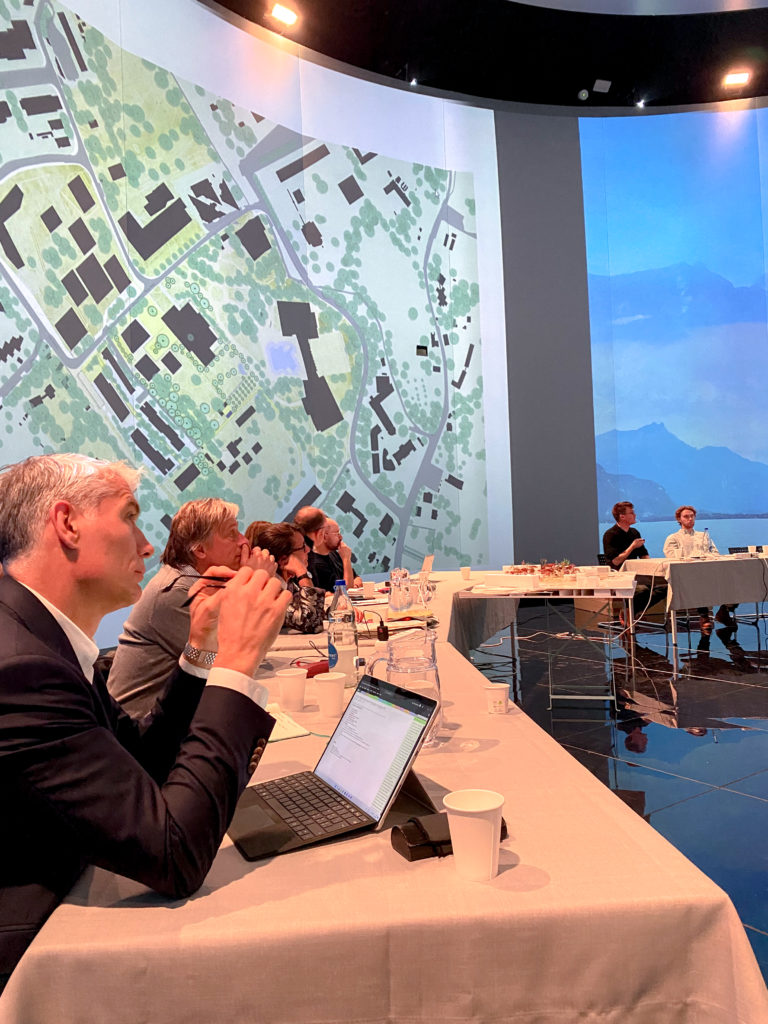THE IMPORTANCE OF LOCAL AND SUSTAINABLE CULTURE
FOCUS ON
THE POTAGER DES NATIONS
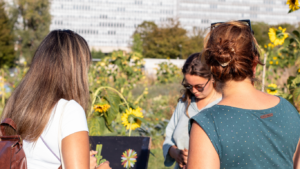
Local and sustainable farming has become a crucial priority in the current context of ecological and social crises. This movement not only addresses environmental concerns but also redefines our relationship with the land, community, and food. In this context, the Potager des Nations at the Jardin des Nations in Geneva stands out as an exemplary model of this trend, combining environmentally friendly agricultural practices with strong community engagement.
Local Culture: A Return to the Roots
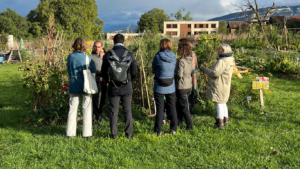
Growing locally is primarily about reconnecting with the natural cycles of our environment. Unlike industrial production methods that dominate global agriculture, local farming focuses on plant varieties suited to the specific climate and soil of a region. This approach not only helps reduce the carbon footprint linked to food transport but also preserves local biodiversity. In Geneva, the Genève Cultive movement embodies this philosophy by promoting urban farming and enhancing nearby green spaces. The Potager des Nations fits perfectly into this dynamic.
We also practice companion planting to help species protect each other, allowing us to avoid chemical inputs. Moreover, our garden serves as a place for learning and raising awareness about seasonal cycles and biodiversity, both of which are essential to the ecosystem we are part of. Local residents are also actively involved in the project, strengthening the bond between the community and nature.
The Potager: A Sustainable Ecosystem
The Jardin des Nations, located in the heart of Geneva, is much more than just a green space. This symbolic site, home to many international organizations, hosts a garden that embodies the principles of organic farming and permaculture. The potager also encourages the use of heirloom and local seeds, contributing to the conservation of plant heritage. The farming methods employed—such as crop rotation, composting, and the use of natural fertilizers—help maintain soil fertility without resorting to chemicals. This sustainable production model aligns with global objectives to reduce the ecological footprint and promote resilience in the face of climate change.
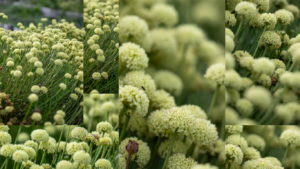
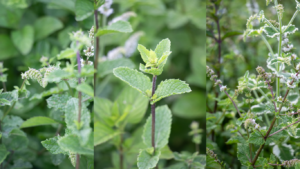
A Place of Sharing and Education
Beyond its ecological dimension, the Potager des Nations plays a crucial role in social cohesion and education.
It serves as a meeting point for residents of Geneva, diplomats, NGOs, and visitors from all over the world. Through workshops, training sessions, and events, the garden raises awareness about the importance of sustainable farming and food self-sufficiency. This community garden also helps recreate social ties by encouraging teamwork and knowledge sharing.
Participants learn how to grow their own vegetables, identify local plants, and understand the ecological challenges behind food production. In this sense, the garden becomes a valuable educational tool for future generations, instilling values of respect for nature and civic engagement.
The Potager des Nations is not just an inspiring example of local and sustainable farming; it is a microcosm that reflects the larger challenges of our time. By combining ecological practices with community dynamics, this garden contributes to building a more resilient and environmentally respectful future. More broadly, it reminds us of the importance of reimagining urban spaces to develop local initiatives that are in tune with the needs of the planet and its communities.
Local and sustainable culture is not just a trend: it is a necessity to ensure a future where humans and nature coexist in harmony.
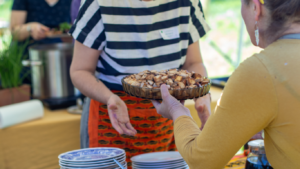
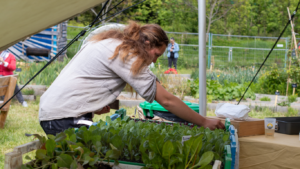
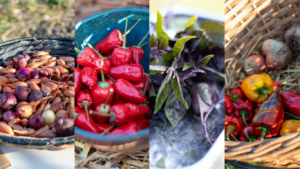
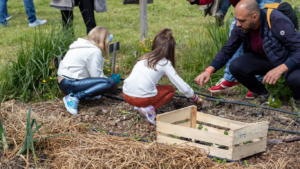
Dive into this lifestyle that respects both yourself and the planet by participating in a workshop with the association or by enjoying an outdoor meal prepared from the harvests of the garden!
Lire la même chose
2024 Year in Review
En savoir plus